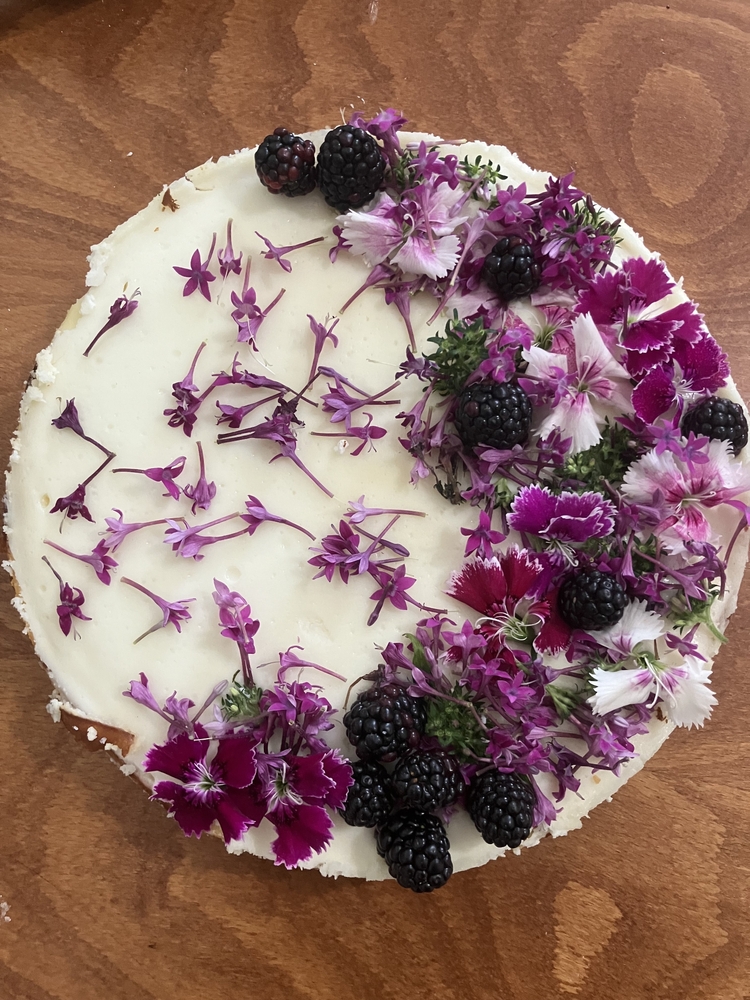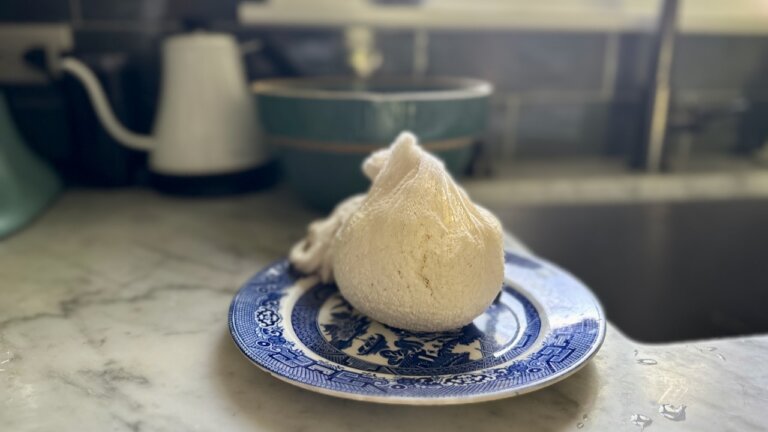SHAVUOT: JEWISH CHEESECAKE HOLIDAY

JEWISH_CHEESECAKE_shutterstock_2313189109
By DENA STEWART
ALIVE ON SOUTH BEACH
Shavuot, also known as the Feast of Weeks, is a Jewish holiday that commemorates the giving of the Torah at Mount Sinai. It occurs seven weeks (or 50 days) after Passover. There are several reasons why cheesecake has become associated with Shavuot:

1. **Dairy Tradition**: One explanation is that Shavuot celebrates the receiving of the Torah, which includes laws about kosher dietary practices. Before the Torah was given, the Israelites did not have these dietary laws. When they received the Torah, they needed time to prepare kosher meat, so they initially ate dairy foods. As a result, dairy foods, including cheesecake, have become traditional for Shavuot.
2. **Land of Milk and Honey**: Israel is often referred to as the “land of milk and honey” in the Bible. Shavuot, as a holiday celebrating the giving of the Torah in Israel, is associated with this symbolism. Thus, dairy products, such as cheesecake, are consumed to reflect this connection.
3. **Symbolism of Torah**: There’s a symbolic connection between dairy and the Torah. Just as milk nourishes the body, the Torah is considered spiritual nourishment for the soul. Cheesecake, being a dairy-based dessert, serves as a symbol of this spiritual nourishment.
4. **Seasonal Ingredients**: Shavuot falls during the late spring or early summer in the Northern Hemisphere, when dairy products are abundant due to the calving season. Thus, dairy-based dishes, including cheesecake, became traditional foods for the holiday.
Overall, while cheesecake is not explicitly mentioned in traditional Jewish texts, it has become a popular and symbolic food for celebrating Shavuot, earning it the nickname “the cheesecake holiday.”


